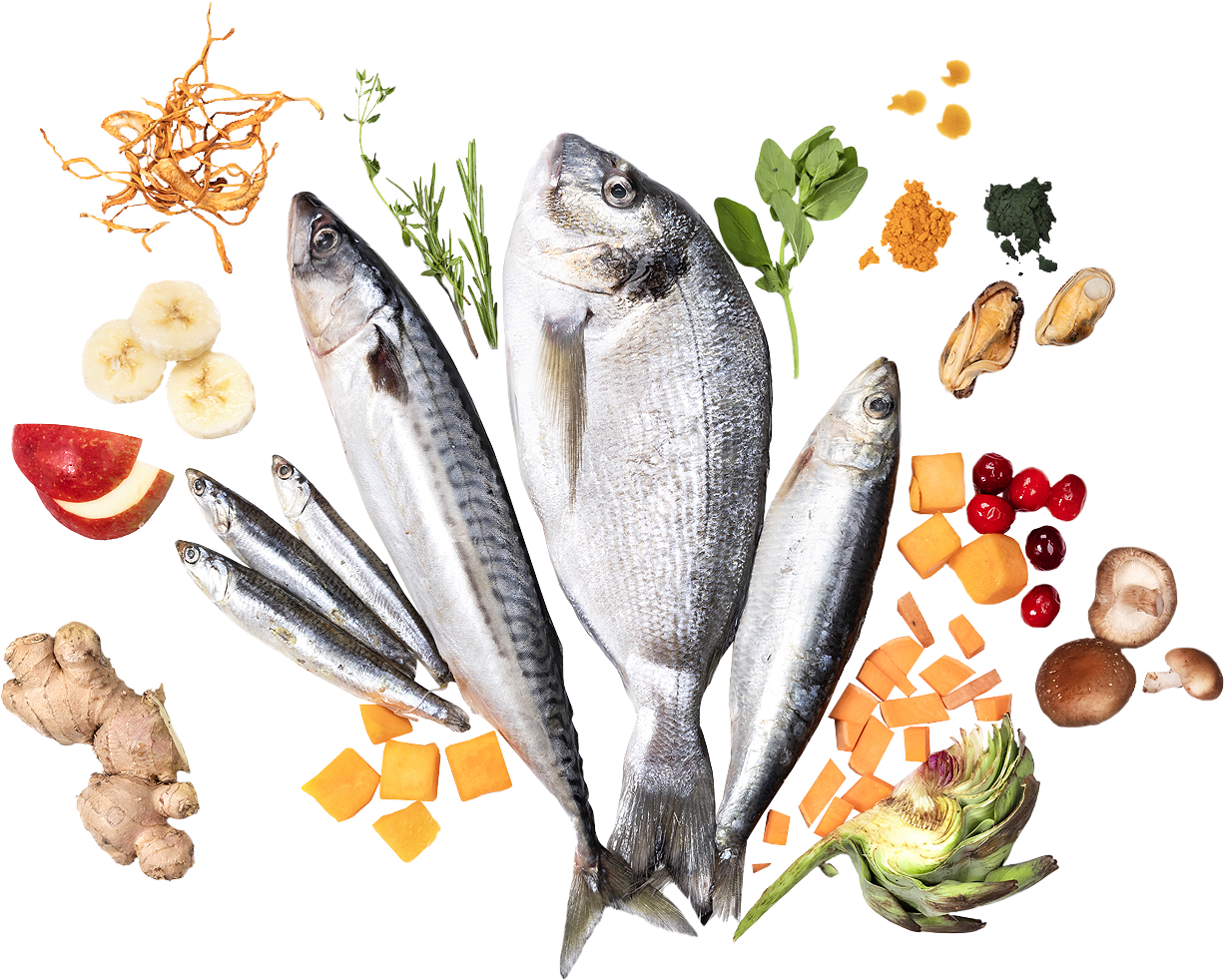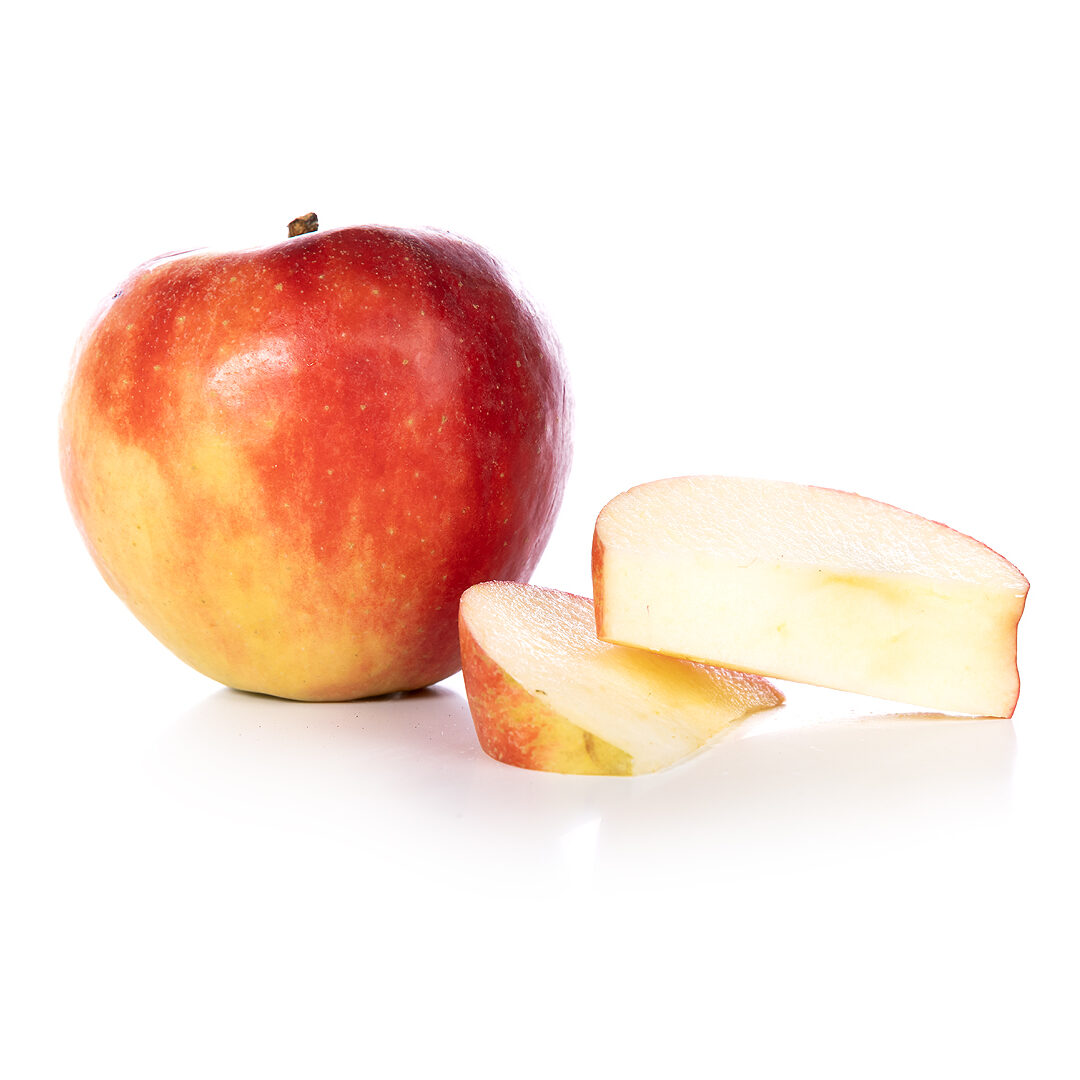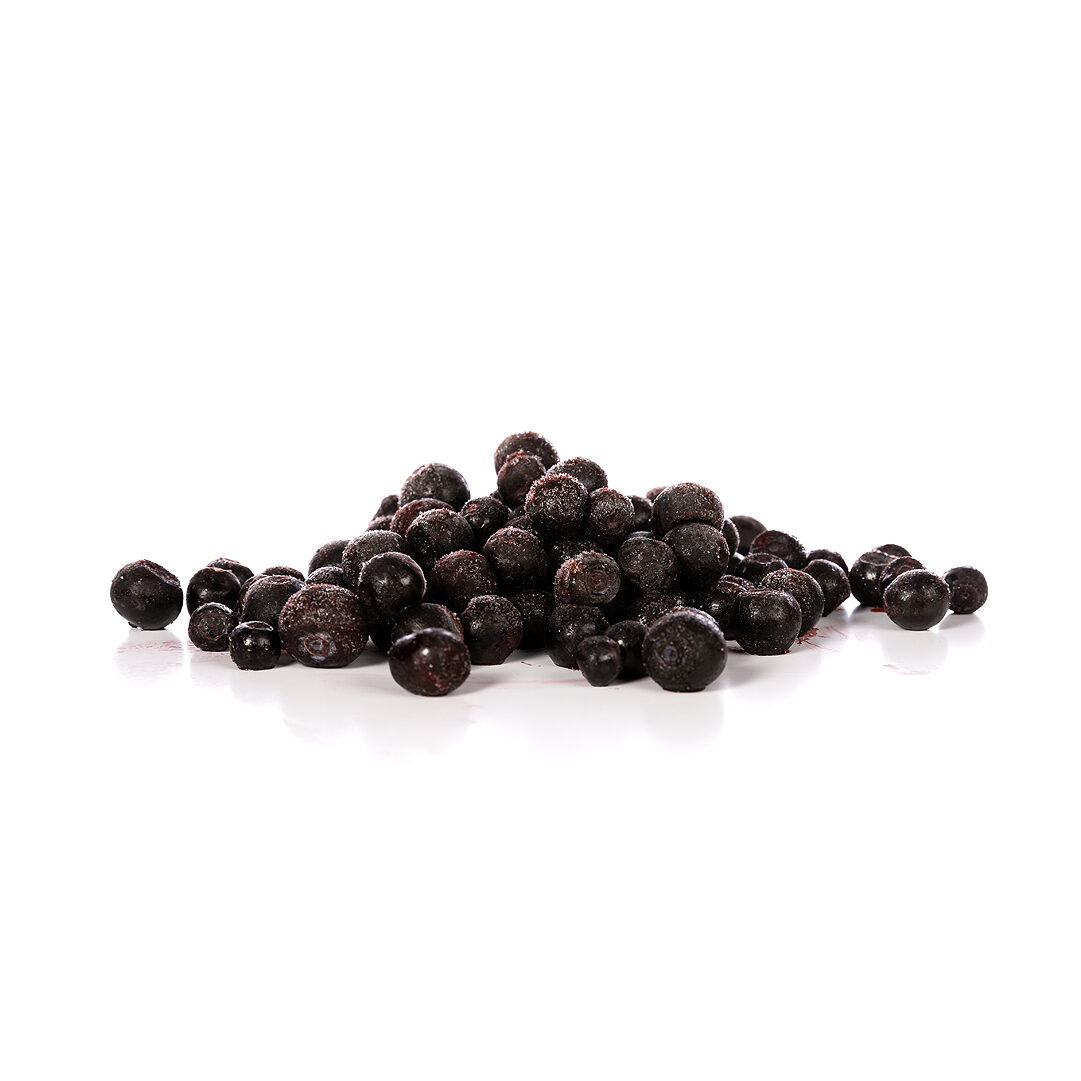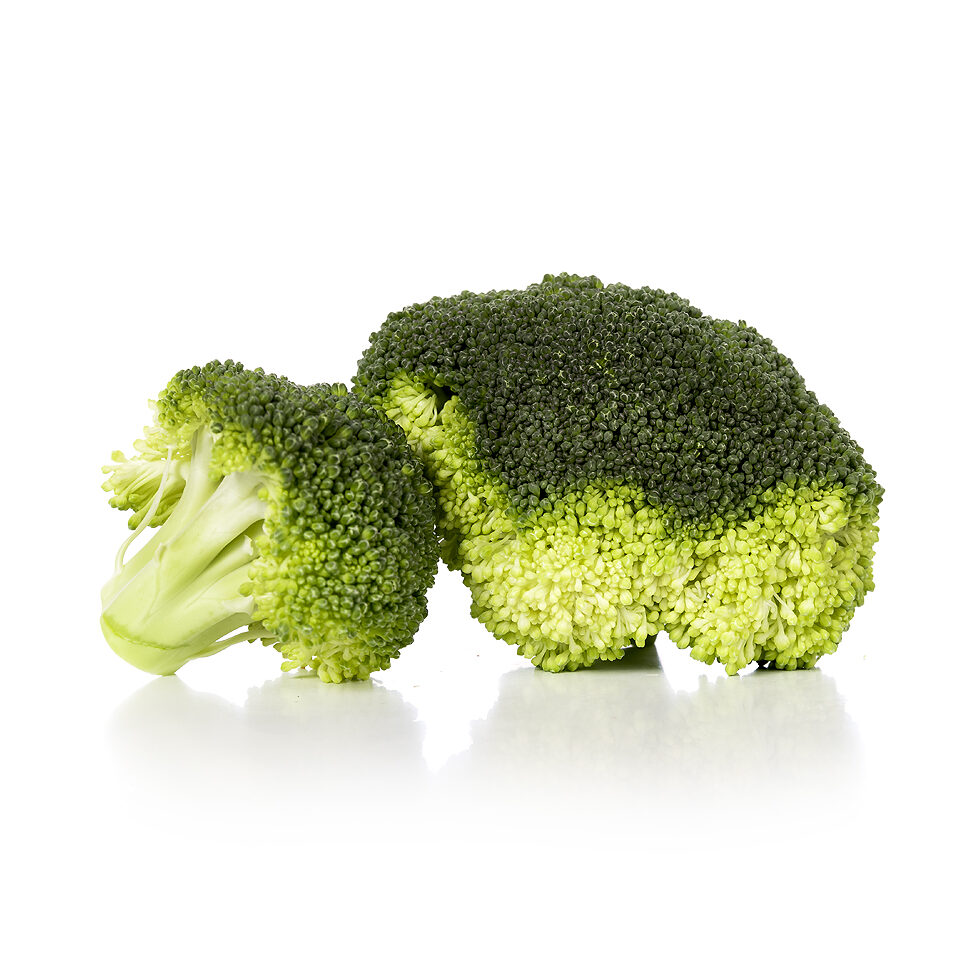Ingredients
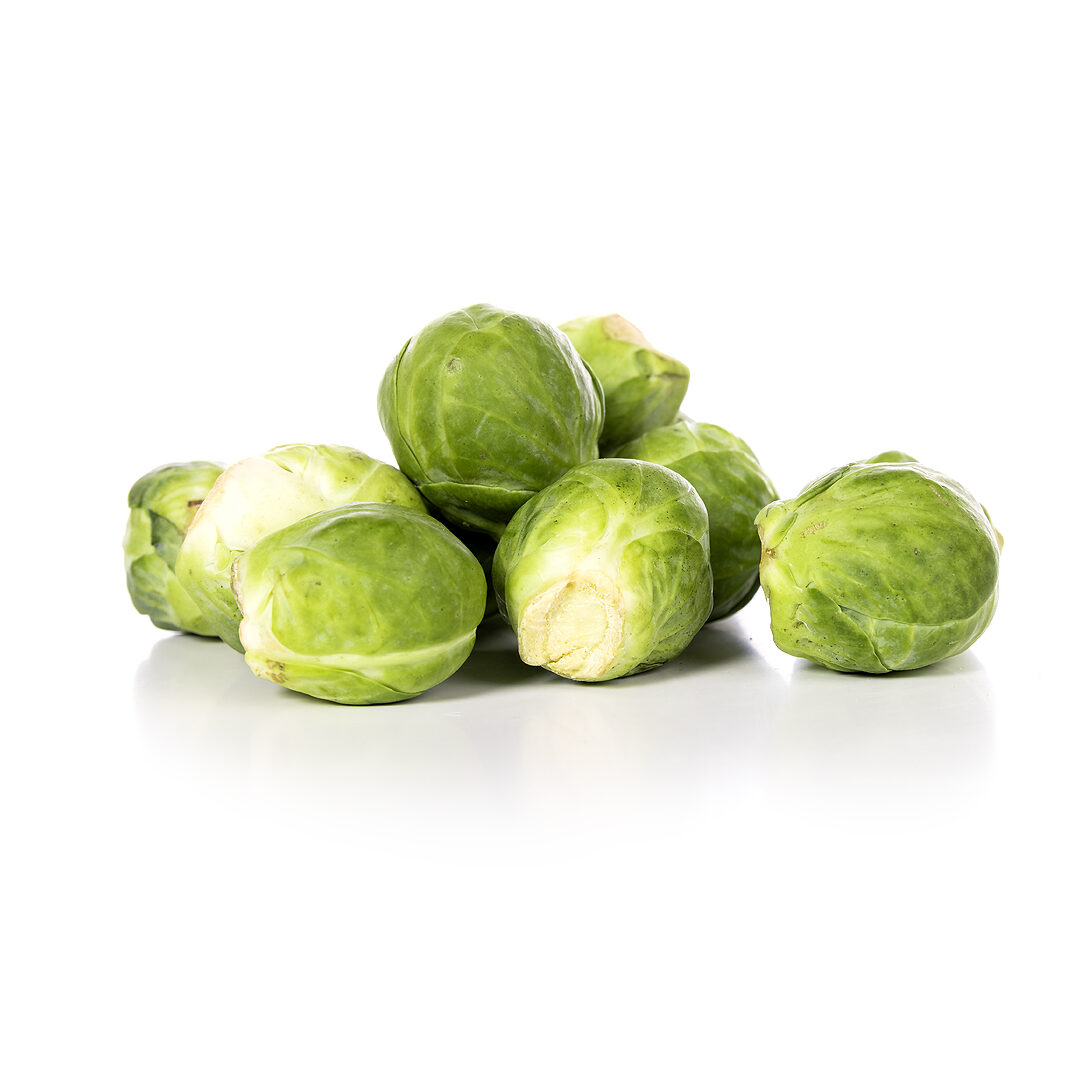
Brussels sprouts: the nightmare of many small children, but not of dogs! In reality, they are a true homegrown superfood. These small, bright green cabbages belong to the leafy vegetable family. They grow in bunches on a thick stem and generally have a slightly bitter taste, which is partly due to the presence of sulfur-containing compounds such as glucosinolates. Preparing them already makes this taste a lot milder. Let’s take a look at the health benefits:
1. Immune system:
Brussels sprouts contain up to 3 times more vitamin C than oranges! These green vegetables are essential for strengthening the immune system, especially during the winter months. In addition, they are a rich source of vitamin K, B vitamins, folic acid, magnesium, potassium and fiber. Vitamin A in Brussels sprouts contributes to healthy mucous membranes in the nose, mouth, throat and lungs, forming a barrier against possible invaders.
2. Anti-cancer properties:
Some studies have shown that sulforaphane, a phytochemical in Brussels sprouts, blocks mutations in DNA that can lead to cancer. It can slow the growth of tumor cells and thus prevent them from multiplying. This generally means that it may slow the growth of tumors and reduce the risk of metastasis.
3. Folic acid:
Brussels sprouts are a good source of folic acid. This vitamin, also sometimes known as vitamin B9, plays a crucial role in several bodily functions, including DNA production and repair, red blood cell formation and proper functioning of the nervous system. It is particularly important during pregnancy as it supports fetal development and reduces the risk of certain birth defects.
4. Inflammation inhibition:
Specific substances in Brussels sprouts, such as glucosinolates, have proven anti-inflammatory properties. Glucosinolates are broken down into bioactive compounds, such as isothiocyanates, which are associated with anti-inflammatory effects. These substances can reduce the production of inflammatory mediators and contribute to the regulation of inflammatory responses in the body.
5. Sulfur:
Sulfur compounds, such as glucosinolates, in Brussels sprouts provide significant health benefits. These bioactive compounds play a role in promoting detoxification processes in the liver, supporting antioxidant activity to protect cells from harmful free radicals, and potentially reducing inflammation. In addition, sulfur-containing compounds in Brussels sprouts are associated with anti-cancer potential, where they can block mutations in DNA and slow the growth of cancer cells.
Enemmän laadukkaita ainesosia
Koiranruoka sisältää myös:
